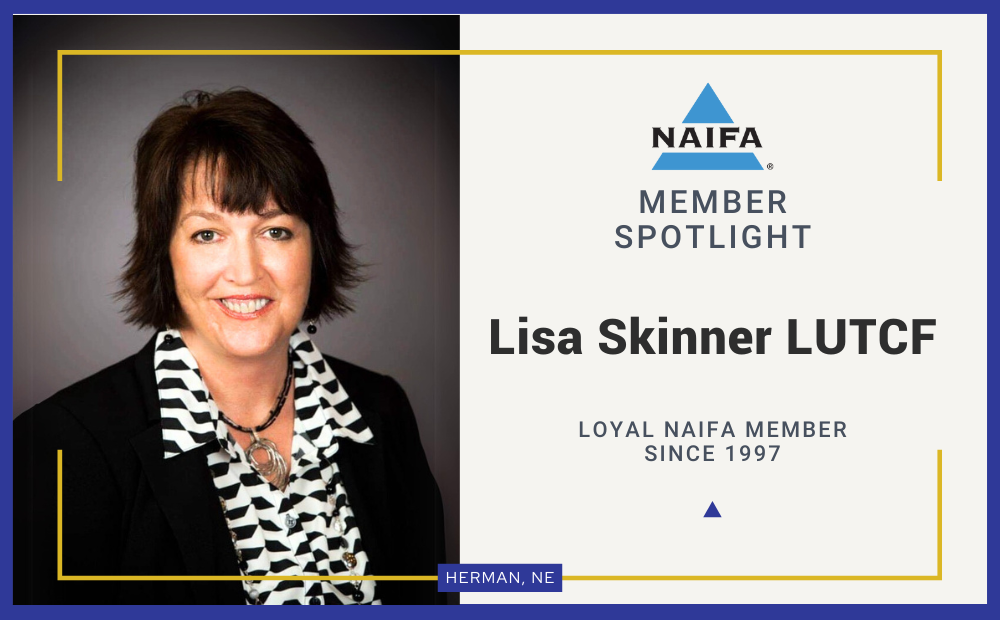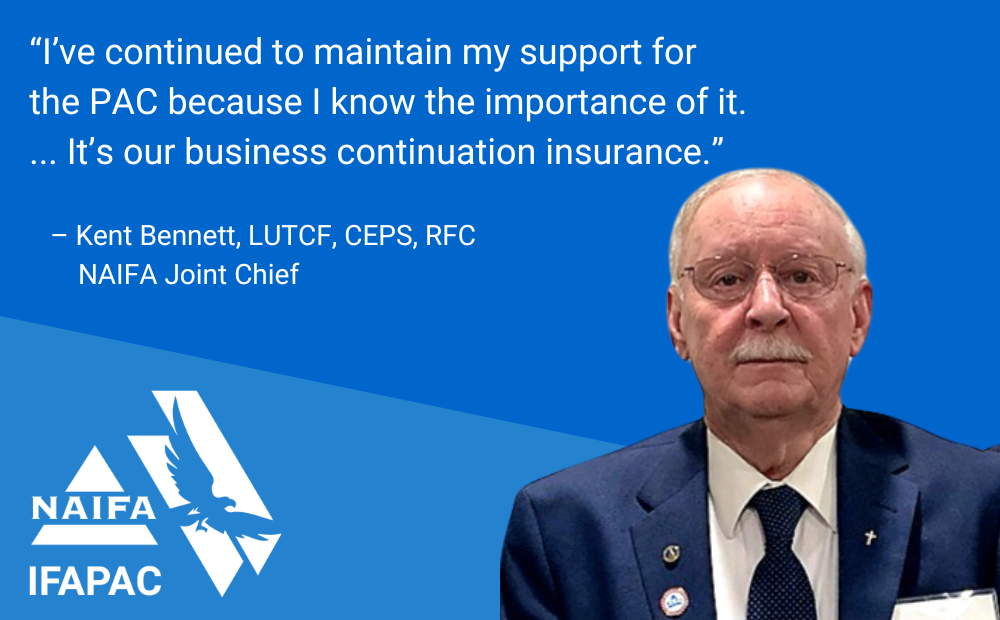It is interesting to note that during this month, which is National Financial Literacy Month, more than half of Americans say they’d earn a “C” or lower in financial literacy. This is according to a new survey conducted by Harris Poll on behalf of Prudential Financial, Inc.
Nearly three quarters (73%) take responsibility for their own grade. That’s not such a surprise given the fact that nearly half of American adults (46%) spend more than two hours on social media each week, while fewer than a fifth (17%) spend that much time managing their finances.
Information overload may be to blame. Two thirds of Americans (66%) say the list of things they need to learn to successfully manage their finances keeps on growing, not shrinking.
“Our industry needs to drive home the importance of financial education, and lead the way in providing it, to help clear a path toward financial wellness,” said Caroline Feeney, head of Individual Solutions at Prudential. “It’s important for us to help Americans understand how to manage day-to-day finances, achieve important financial goals and protect against future financial risks.”
Other key findings
Below are additional findings from the survey:
- Nearly a quarter (23%) of Americans say their debt is higher than their retirement savings.
- 15% of Americans who say they have no debt also have saved nothing toward retirement.
- Only 12% of Americans would use a financial windfall to add to retirement savings—worth considering as they head toward the April 15 tax deadline and the potential for refunds.
Previous data from Prudential’s Financial Wellness Census shows more than a quarter of Americans have a skewed sense of their financial health, with many optimistic about their financial future despite objective measures showing them falling behind in achieving their financial goals. In fact, the census data showed less than half of Americas are on track to meet their goals, including planning for retirement.
Financial literacy programs and professional financial advice can play a key role to get Americans back on the right track, the survey notes. According to the Census, while nearly two thirds of Americans don’t have a financial advisor, many say they cannot afford one (42%) or that they have enough assets to need an advisor’s help (26%). The truth is that advice is more within reach than ever before—and it’s not just for the wealthy.
“Advisors are increasingly playing the role of financial counselor, helping consumers make the shift from retirement uncertainty and financial insecurity into actions that help them to achieve financial wellness before and into retirement,” said Feeney. “Our lifelong personal financial wellness journeys often require a combination of smart solutions, good advice and guidance about appropriate investment tools and products.”
This survey was conducted online within the United States by The Harris Poll on behalf of Prudential from March 26 - 28, 2019, among 2,045 U.S. adults aged 18+.










.png?width=300&height=300&name=CC%202025%20Ad%20(300%20x%20300%20px).png)
.png?width=300&height=600&name=Tax%20Talk%20Graphic%20-%20email%20tower%20(300%20x%20600%20px).png)



.png?width=300&name=NAIFA-FSP-LH%20with%20tagline%20-%20AT%20blog%20email%20ad%20(300%20x%20250%20px).png)
.png?width=728&height=89&name=2024%20Congressional%20Conference%20(728%20x%2089%20px).png)
